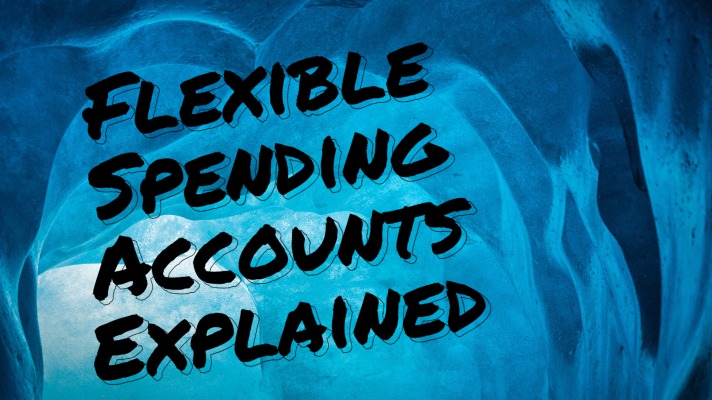 Flexible spending accounts (FSA) are a great way to save money on taxes. They allow you to use pretax dollars for ‘qualified’ health care and/or daycare expenses. However, the downside to these accounts is the “use-it-or-lose-it” rule.
Flexible spending accounts (FSA) are a great way to save money on taxes. They allow you to use pretax dollars for ‘qualified’ health care and/or daycare expenses. However, the downside to these accounts is the “use-it-or-lose-it” rule.
Use-or-Lose Rule
For those unfamiliar with the use-it-or-lose-it rule: If you don’t use all of the money in your FSA before a specific date—you lose it. In other words, you forfeit your money.
Say you put $500 into your FSA and submit $425 worth of qualified expenses. If you don’t spend the remaining $75 prior to the deadline, you’d lose it.
Who wants to lose money? Not me. That’s why my husband and I have always made it a habit of estimating our expenses first. We also pay attention to our expenses and FSA balance throughout the year. To make sure every cent in our FSA is spent before the deadline. 🙂
But all may not be lost if you don’t spend every dime in your Health Care FSA anymore.
Good News for Health Care FSA!
The IRS has added more flexibility to the use-it-or-lose-it rule for Health Care FSA (Notice 2013 -71). Now employers can allow employees to carry over up to $500 in unused Health Care FSA money to the following year.
While this new rule exists, your employer may or may not allow you to carryover your Health Care FSA funds.
Some employers give employees a two and a half month grace period. However, employers cannot offer both a grace period and a carryover.
And they’re not required to offer either (grace period or rollover). Again, it’s totally up to your employer.
Are you participating in a Health Care FSA? If not, you could be missing out on tax savings. According to the IRS Publication 969, here are the FSA benefits:
- Contributions made by your employer can be excluded from your gross income.
- No employment or federal income taxes are deducted from the contributions.
- Withdrawals may be tax free if you pay qualified medical expenses. See Qualified medical expenses, later.
- You can withdraw funds from the account to pay qualified medical expenses even if you have not yet placed the funds in the account.



